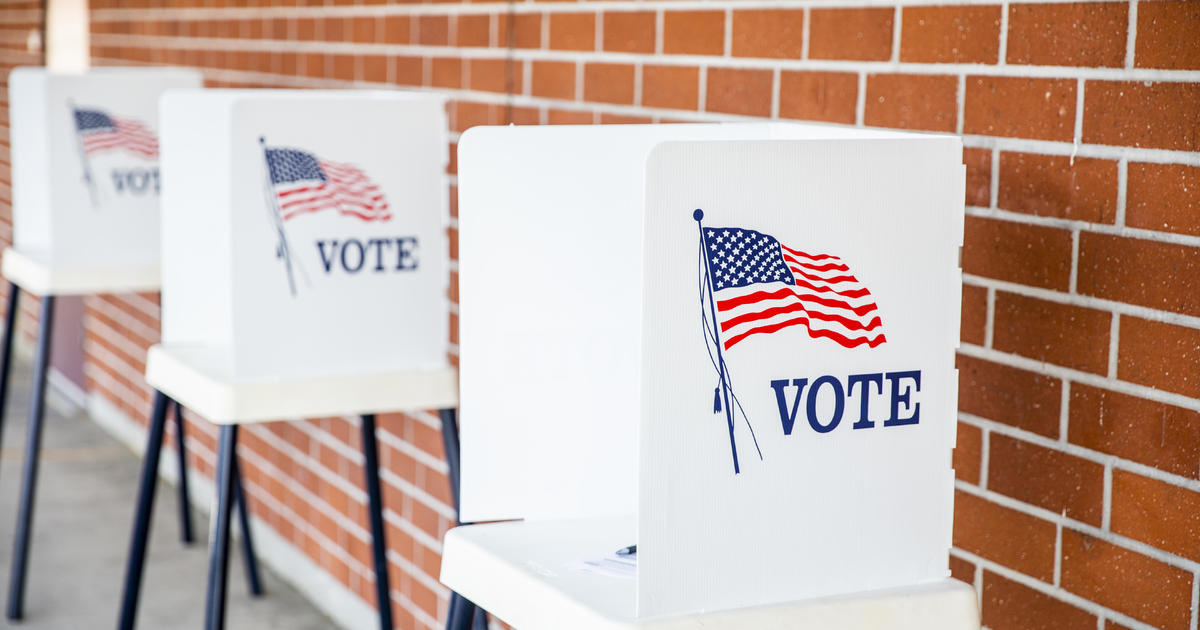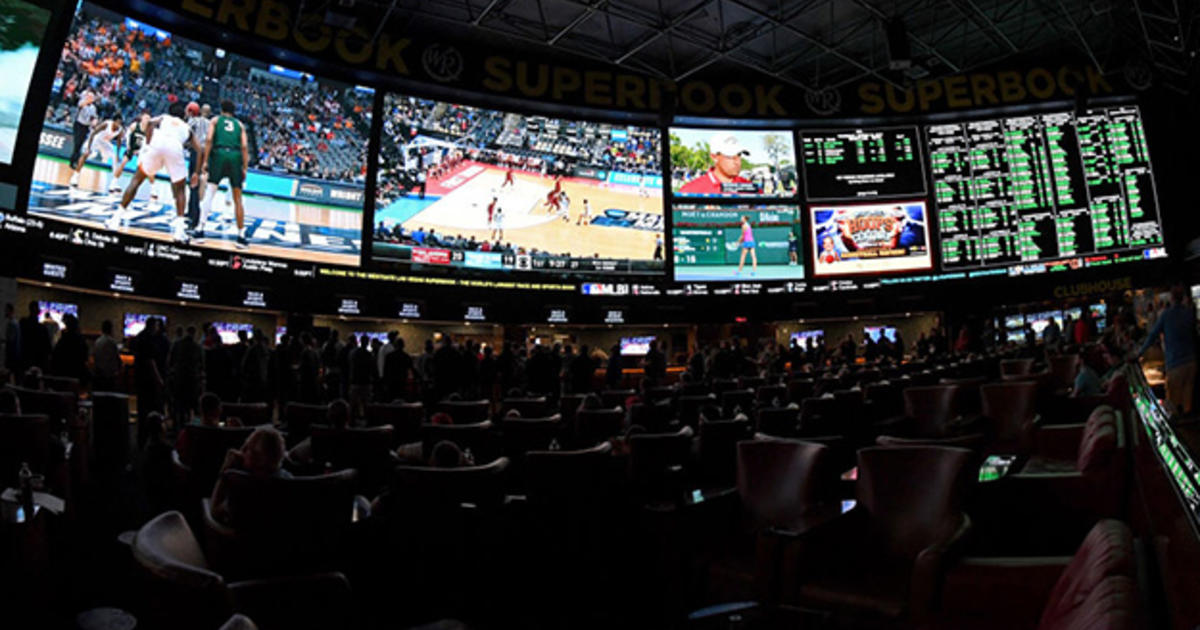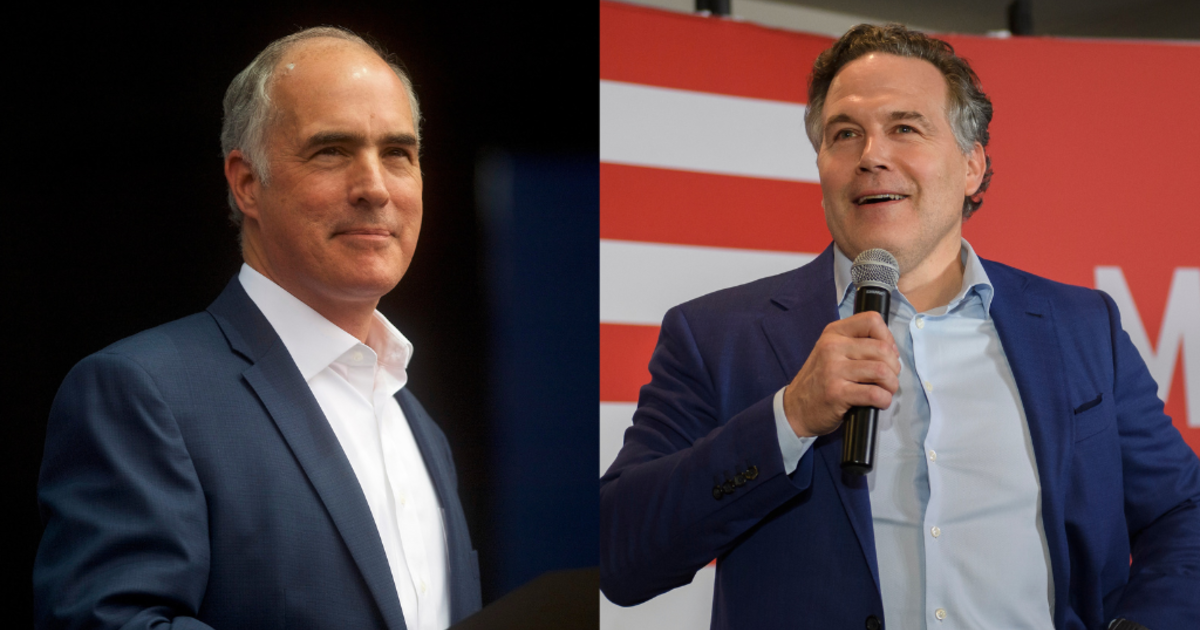Pa. House Takes New Stab At Privatizing Liquor Sale
HARRISBURG, Pa. (AP) - For the second time in two years, the Pennsylvania House of Representatives on Thursday sent a proposal to privatize the operations of much of the state-controlled wine and liquor store system, but it faces an uncertain fate and is challenged as a long-term fiscal loser for the state government.
The proposal, which would also liberalize beer sales laws, passed the Republican-controlled chamber after five hours of debate, 114 to 87, over the objection of every Democrat and four Republicans.
Leaders of the Senate Republican majority have been noncommittal about the measure, and it faces a veto by Democratic Gov. Tom Wolf, who favors keeping the state system and trying to make it more profitable.
Under the bill, private wholesalers, not the state, would market products to retailers, and around 2,500 wine or liquor outlets could replace all but 100 of the approximately 600 state-controlled stores.
A similar bill passed the House in 2013, but it died in the Senate, despite support from then-Gov. Tom Corbett, a Republican. Still, Liquor Control Committee Chairman Chris Ross, R-Chester, said afterward that he is optimistic after almost four decades of efforts to privatize the system.
"There is an inevitable feeling about this right now that we are relentlessly moving toward privatization and I think many people that have been in opposition are becoming resigned to the fact that it is coming," Ross said. "It has been way too long in Pennsylvania."
House GOP leaders are expected to make the legislation a key bargaining chip in June, when Wolf and the Senate will look for House approval of their top priorities during budget negotiations.
Critics of the bill said the state government and its programs will take a long-term financial hit from losing control of wine and liquor purchases. Small businesses that sell beer will suffer and many of the state system's 4,300 store employees will lose their jobs, they said. The only beneficiary, they said, will be the large wholesalers and retailers that have lobbied heavily on the bill.
"This legislation does away with a public asset, belonging to the people, that has been run for a public good and for the public benefit," said Rep. Robert Freeman, D-Northampton. "In its place, will arise a private system, more truly like an oligopoly than a private system, much more like an oligopoly than a genuine free-market system, a system to be dominated by big businesses, not the small entrepreneur."
But supporters say it is time to break the state monopoly and reap more than $1.1 billion that they project from license sales, most of it from wholesale distributors that would have exclusive rights to brands.
"No other consumer product in Pennsylvania is bought and sold by the Pennsylvania government," said Rep. Jim Christiana, R-Beaver. "Even controlled substances, dangerous substances like beer, tobacco, bomb-making explosives, oxycontin, even those products are sold by private-sector businesses. Government should not be in the retail business."
Pennsylvania is the largest of 17 states that play some role in the control of wine and liquor, whether at the wholesale or retail level, or both, according to the National Alcohol Beverage Control Association in Alexandria, Virginia.
House lawmakers also jousted over whether the measure would lead to lower or higher prices, better or worse selection, more or less alcohol consumption and more or fewer incidents of sales to minors.
Under the proposal, the state could continue to operate at least 100 stores. Meanwhile, the state could sell up to 1,800 licenses to private retailers to sell wine or liquor, or both, and beer distributors would have the first shot at buying them at a steep discount. Grocery stores of at least 10,000 square feet would be able to apply for a license to sell wine, but not liquor, with the licenses limited to one per 15,000 people.
The bill's most lucrative element is licenses for wholesale distributors. Sales of those licenses would reap $615 million, according to a House Republican analysis.
On beer laws, beer distributors, now limited to selling at least a case at a time, would be able to sell six-packs or 12-packs. Restaurants, which now can sell 12-packs of beer for takeout, would be able to sell up to a case, in six-pack increments.
Join The Conversation On The KDKA Facebook Page
Stay Up To Date, Follow KDKA On Twitter
(Copyright 2015 The Associated Press. All rights reserved. This material may not be published, broadcast, rewritten or redistributed.)


